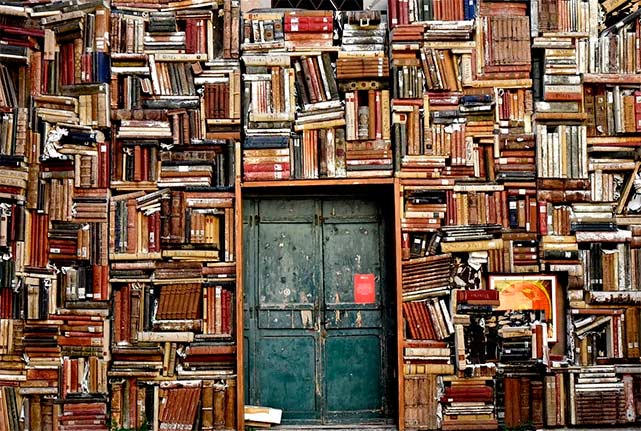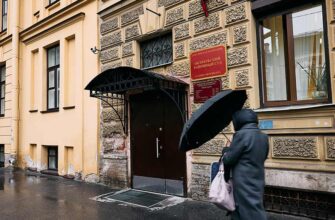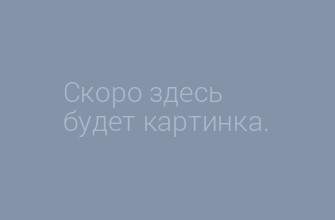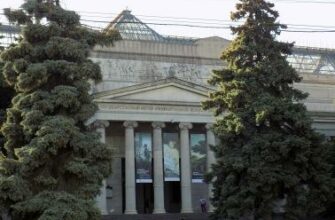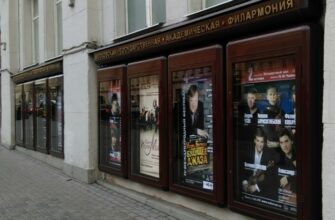The word “litterature” (lat. lit(t)era letter) originated in the XVIII century. The concept that emerged from the literature of antiquity, stone age (VIII century BC) and parchment (I century ad) writing and received large-scale development with the emergence of book-printing (XV-XVI century) and modern electronic technology, still has no clear definition in the dictionary. Most often, the term “literature” is defined as “written works of public importance” (1).
As for the value of literature, here there is no question. At all times the books were a storehouse of ideas, emotions and worldviews. In difficult situations one derive from them wisdom, strength and inspiration. “Like philosophy and the Humanities, literature contains the thought and knowledge of man’s inner world, social world of” reality which literature seeks to understand, is human experience. Moreover, the literature is “…not a substitute for life experience, but forms with it a single whole and helps to conceptualize it. Literature enables each of us to realize our human potential” (Tzvetan Todorov, FR. philosopher).
In our time, when people’s minds are controled by TV, literature can help to free ourselves and to create an objective picture of the world. Literature is closely connected with the history of peoples, cultural, social and political life. The whole life of humanity settles in the books. Turning to him, we are able to take lessons from time.
In this section You will plunge into the world of Slavic literature, tells of its features, you will learn many historical facts, you will find information about writers and their works an annotated reviews of contemporary publications the analysis and publish the most interesting ones.
“Time to read the book – a huge success. It is able to change lives, not change her as a best friend or mentor. Pavlenko P. A.
1. Encyclopedias and dictionaries [Electronic resource] – access Mode: http://enc-dic.com
2. Tretyakov V. the Concept of literature – 35 years later (About two issues of the journal “New Literary History”) / Novoe literaturnoe obozrenie. – Moscow, 2008. № 93. p. 312-326.
